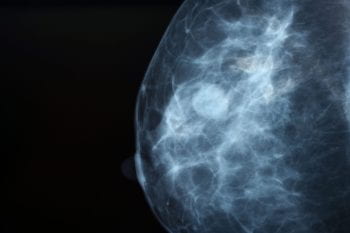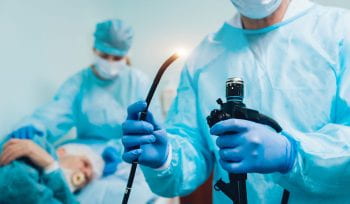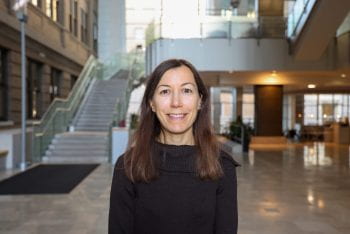In an article recently made available online ahead of print in ACS Journal Cancer, Feng Gao, MD, PhD, MPH, MS, and WashU Oncology and Duke Cancer colleagues address the changing landscape of small cell lung cancer.
The changing landscape of small cell lung cancer (Links to an external site)







